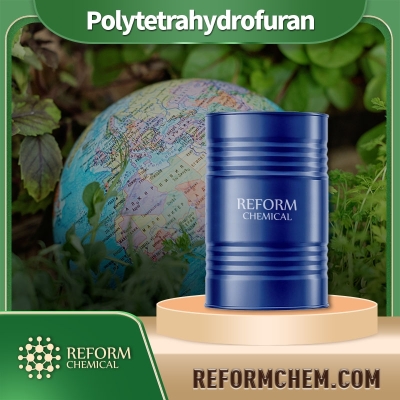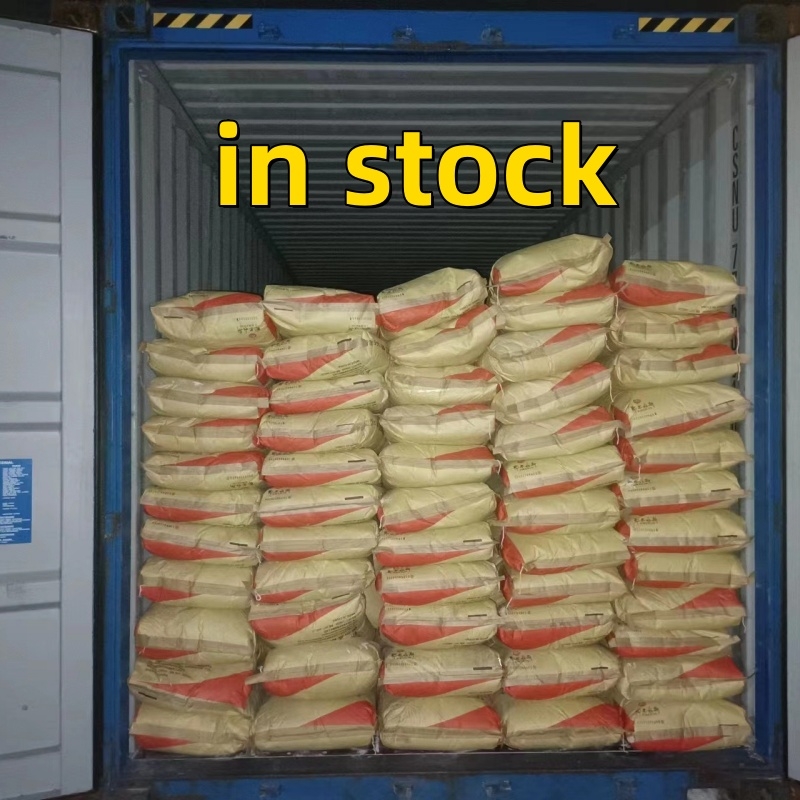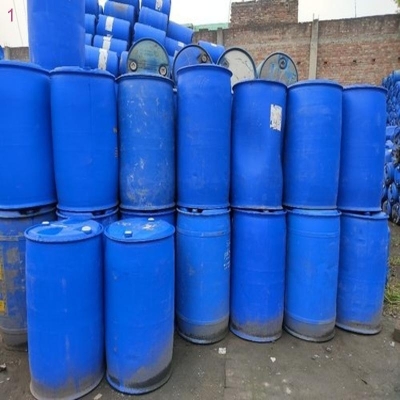-
Categories
-
Pharmaceutical Intermediates
-
Active Pharmaceutical Ingredients
-
Food Additives
- Industrial Coatings
- Agrochemicals
- Dyes and Pigments
- Surfactant
- Flavors and Fragrances
- Chemical Reagents
- Catalyst and Auxiliary
- Natural Products
- Inorganic Chemistry
-
Organic Chemistry
-
Biochemical Engineering
- Analytical Chemistry
-
Cosmetic Ingredient
- Water Treatment Chemical
-
Pharmaceutical Intermediates
Promotion
ECHEMI Mall
Wholesale
Weekly Price
Exhibition
News
-
Trade Service
On September 22, according to Korean media reports, Professor Kim Tae-ho of the Department of Chemical Engineering of Pohang University of Technology in South Korea and Lee Jun-woo of the Integrated Course used food additives made of walnut spices to create an environmentally friendly and efficient conductive substance that can be used to make perovskite solar cells
.
The results have been published online in the Journal of the American Chemical Society
, an authoritative journal in the chemical community.
It is reported that perovskite is a material thinner than silicon and cheaper to make, so it has attracted much attention
in the solar cell industry.
Perovskite solar cells generate electrons and electron holes after receiving sunlight, and an efficient medium is needed to transmit them to the
electrodes.
Until now, the conduction medium for perovskite solar cells has been the use of toxic chlorobenzene
.
The research team successfully developed a more environmentally friendly conductive material using walnut flavored food additives, which can replace chlorobenzene to make perovskite solar cells
.
Li Junyu said that the material can increase the efficiency of the polymer by 18% without changing the photoelectric properties, and this efficiency will not fade
over time.
This discovery is expected to contribute to
the development of the conductive polymer industry.
On September 22, according to Korean media reports, Professor Kim Tae-ho of the Department of Chemical Engineering of Pohang University of Technology in South Korea and Lee Jun-woo of the Integrated Course used food additives made of walnut spices to create an environmentally friendly and efficient conductive substance that can be used to make perovskite solar cells
.
The results have been published online in the Journal of the American Chemical Society
, an authoritative journal in the chemical community.
It is reported that perovskite is a material thinner than silicon and cheaper to make, so it has attracted much attention
in the solar cell industry.
Perovskite solar cells generate electrons and electron holes after receiving sunlight, and an efficient medium is needed to transmit them to the
electrodes.
Until now, the conduction medium for perovskite solar cells has been the use of toxic chlorobenzene
.
The research team successfully developed a more environmentally friendly conductive material using walnut flavored food additives, which can replace chlorobenzene to make perovskite solar cells
.
Li Junyu said that the material can increase the efficiency of the polymer by 18% without changing the photoelectric properties, and this efficiency will not fade
over time.
This discovery is expected to contribute to
the development of the conductive polymer industry.







